On July 20, 2019, the “Eighth Seminar of Family Wealth Management and Transmission”, jointly organized by Fudan University Law School and Beijing Weiheng Law Firm, was successfully held in Fudan University’s Liao Kaiyuan Law Building. The event attracted more than seventy participants, including legal scholars from various fields, domestic and foreign lawyers, representatives of trust corporations, private banks, family offices, charitable funds, as well as some postgraduate students of Fudan University.
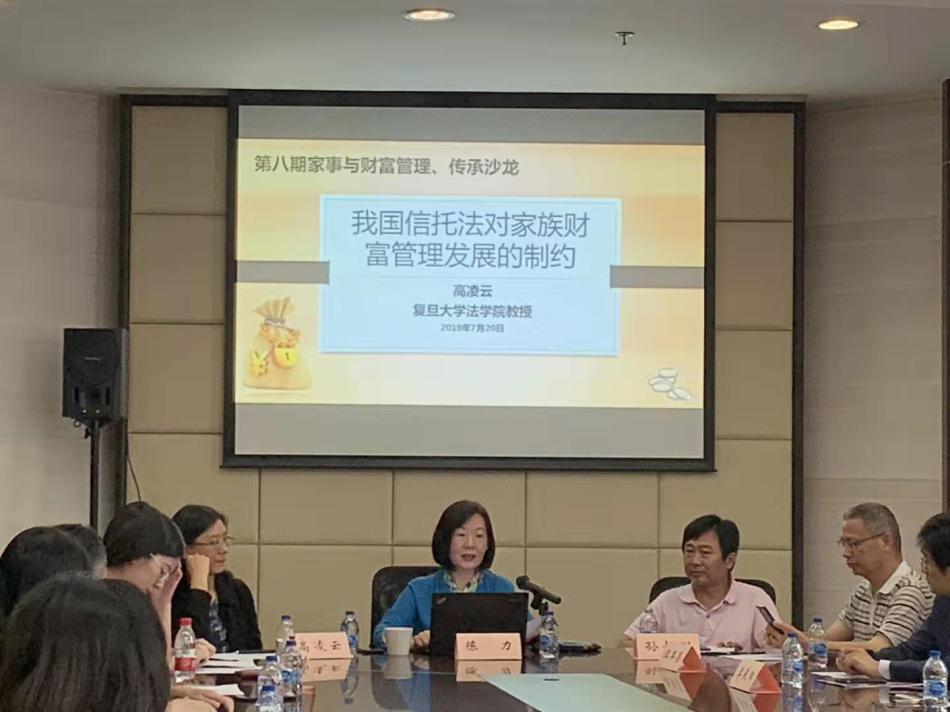
Professor Li CHEN, Professor of Law and Vice Dean of Fudan Law School, presided over the seminar and made an opening remark. On behalf of all the faculty and students of the law school, she first welcomed the guests who attended the seminar and briefed them on the development of Fudan University Law School. Then she turned to the theme of the seminar, which, she said, well combined theory with practice, and involved trust law, family law, private international law, and other disciplines, and hoped that the discussions of the participants would make the seminar fruitful.
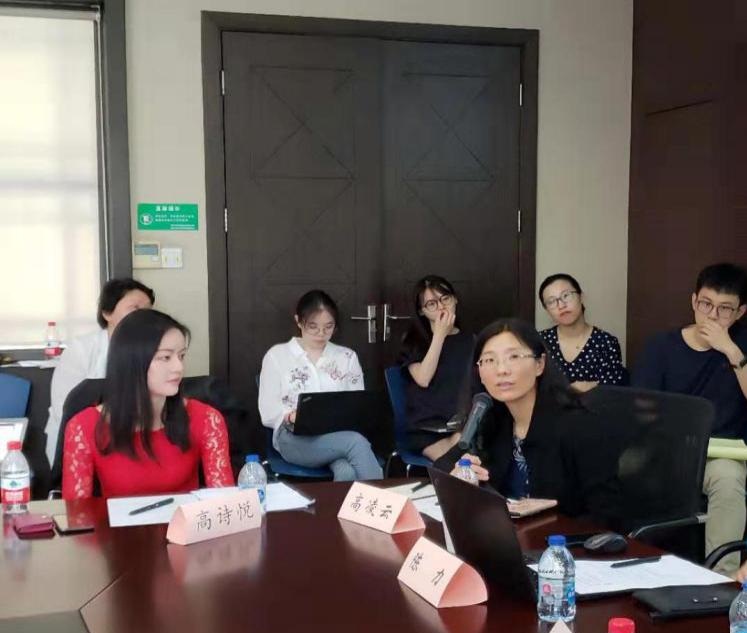
The first keynote speaker was Professor Lingyun GAO, a Professor of Law of Fudan Law School. Ms. Gao gave a speech on "The Restrictions of China's Trust Law on the Development of Family Wealth Management." She first introduced the general issues such as the concept, fundamental purposes, coverage, tools of, and difficulties in family wealth management. Then, from the perspective of institutional support that the trust law may provide to family wealth management, she described the problems arising from wealth transmission among generations, wealth transmission within a family, and the accumulation of family wealth. Specifically, trust principal and trust income should be distinguished, successive beneficiaries should be recognized, the status and qualification of trustees should be clarified, and the supervision over trustees should be strengthened. However, Professor Gao said, the current Chinese trust law was far from perfect in meeting these needs. Finally, Professor Gao demonstrated the advantages of trust in two cases, and concluded that to develop family wealth management, there would be an urgent need of comprehensive talents with expertise in the fields of trust law, family law, securities law, tax law, both domestic and international, as well as private international law.
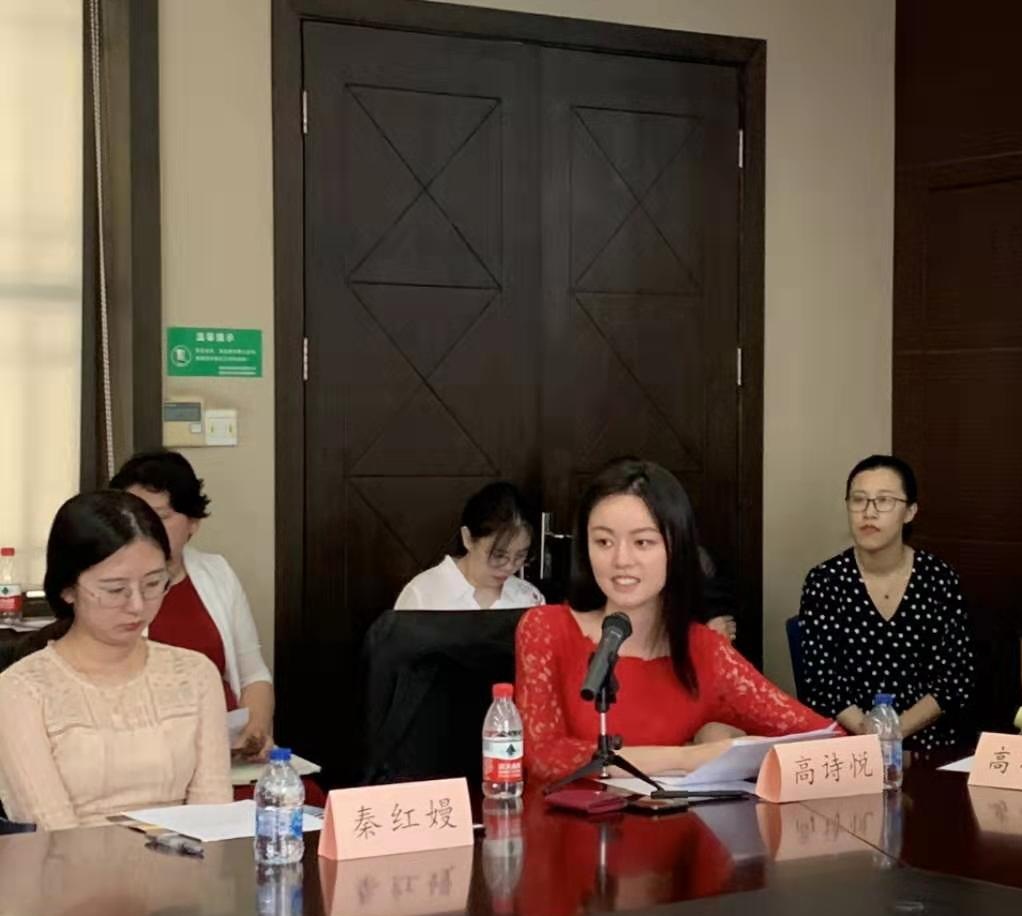
The second keynote speaker was Grace Gao, a Consultant of Haldanes Solicitors (in association with Ahern Lawyers) in Hong Kong specializing in trust and estates, who was also an alumna of Fudan Law School. She introduced "The Family Trusts in Hong Kong and at Common Law." She first explained the provisions of the Hong Kong Trustee Ordinance concerning the settlor’s retention of rights, the duty of care of the trustee, and the compensation clause in the trust instrument. She mentioned that the restrictions imposed by the rules against perpetuities on the term of trust had been lifted by the Perpetuities and Accumulations Ordinance, highlighting the improvement of the trust legislation in Hong Kong. In addition, Ms. Gao emphasized the importance of precedents as Hong Kong's legal sources, and suggested that specific problems needed to be analyzed on a case-by-case basis. In the end, she advised that Chinese clients should consider the legal system, tax consequences, geographical location, language, and other relevant factors before deciding where to create their trusts.
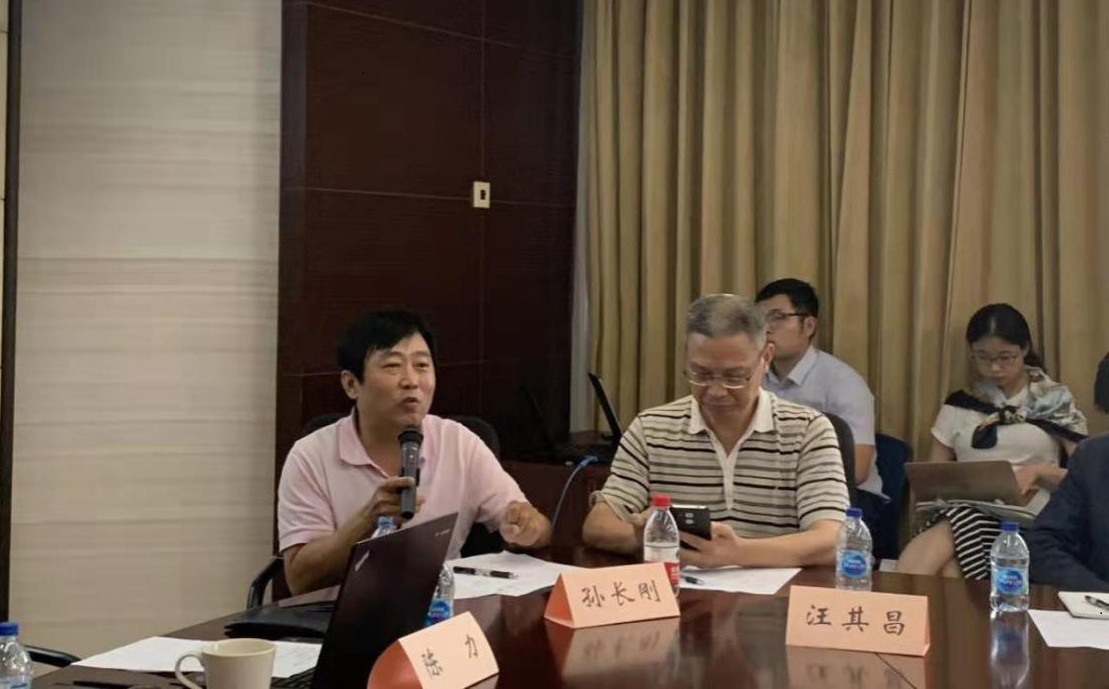
After the first two speakers finished their talks, Mr. Changgang SUN, the Senior Partner at Beijing Weiheng Law Firm, made brief comments. Mr. Sun first talked about the revision of trust law, and expressed appreciation for Professor Gao’s view that family law and private international law would also play a part in family wealth management. He then thanked Ms. Gao for her excellent presentation on Hong Kong's trust law, and suggested that offshore trust institutions dealing with Chinese clients may want to research on the private international law of the mainland China.
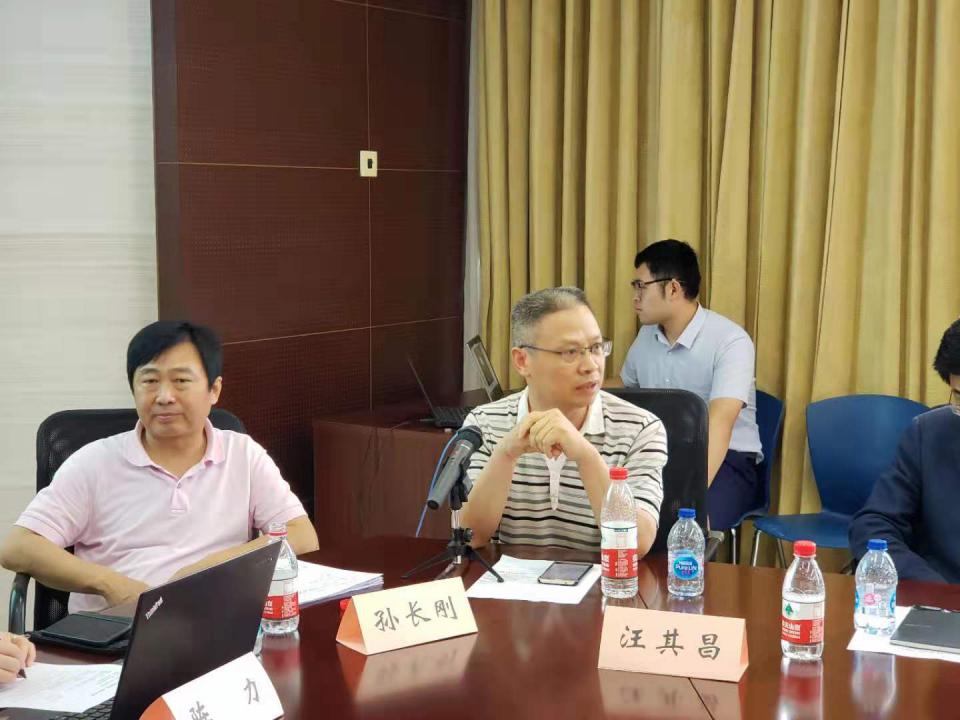
The third keynote speaker was Qichang WANG, an Associate Professor of Shanghai University of Foreign Economics and Trade. Professor Wang gave a speech on Issues of Family Offices. He pointed out a phenomenon that "wealth can be passed on, but ability cannot", and then explained the important role that family offices may play in family trusts by demonstrating the trusts set up by Rockefeller, Yongqing WANG, and the Dawu Group.
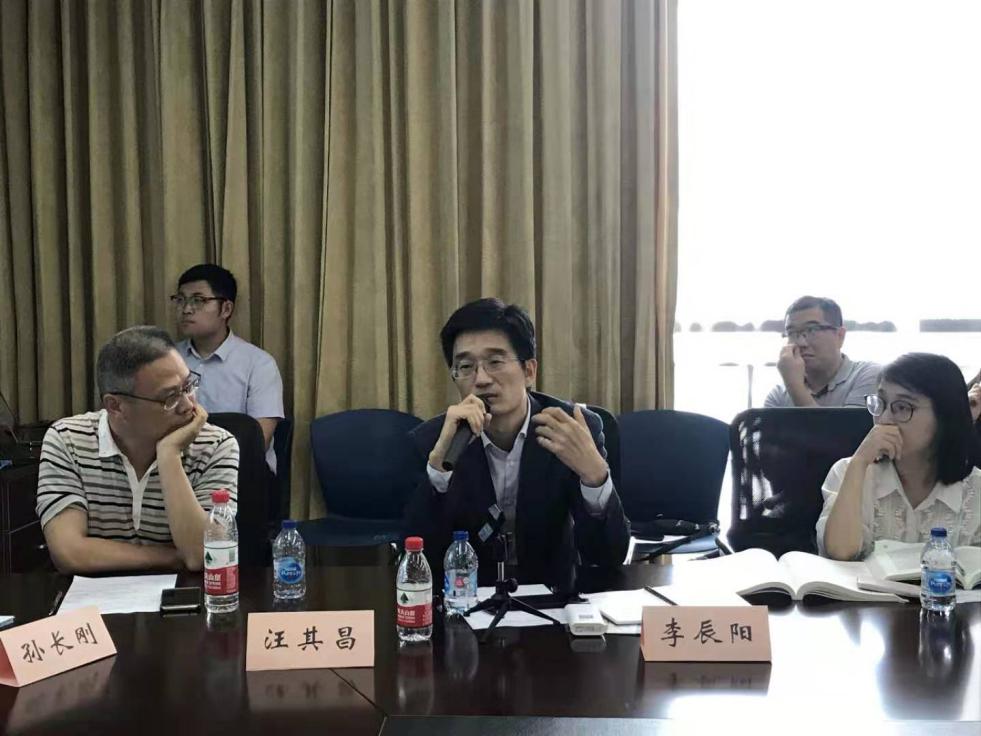
The fourth keynote speaker was Mr. Chenyang LI, a public notary at Putuo Notary Public Office in Shanghai. His speech was on "The Cross-Use of the Voluntary Custodial System and Civil Trusts." Mr. Li first tried to explain why people were not interested in setting up trusts or opposed thereto, and pointed out that the implementation of voluntary custodial system would probably promote the development of civil trusts in China. He also mentioned that the development of the trust system cannot be separated from the cultural background of the host country, and that the Chinese culture of confidence in public power makes notary institutions the best choice for the implementation of civil trusts. Mr. Li also introduced a few cases he dealt with in practice, showing the role of notary institutions in the voluntary custodial system and the creation of civil trusts.
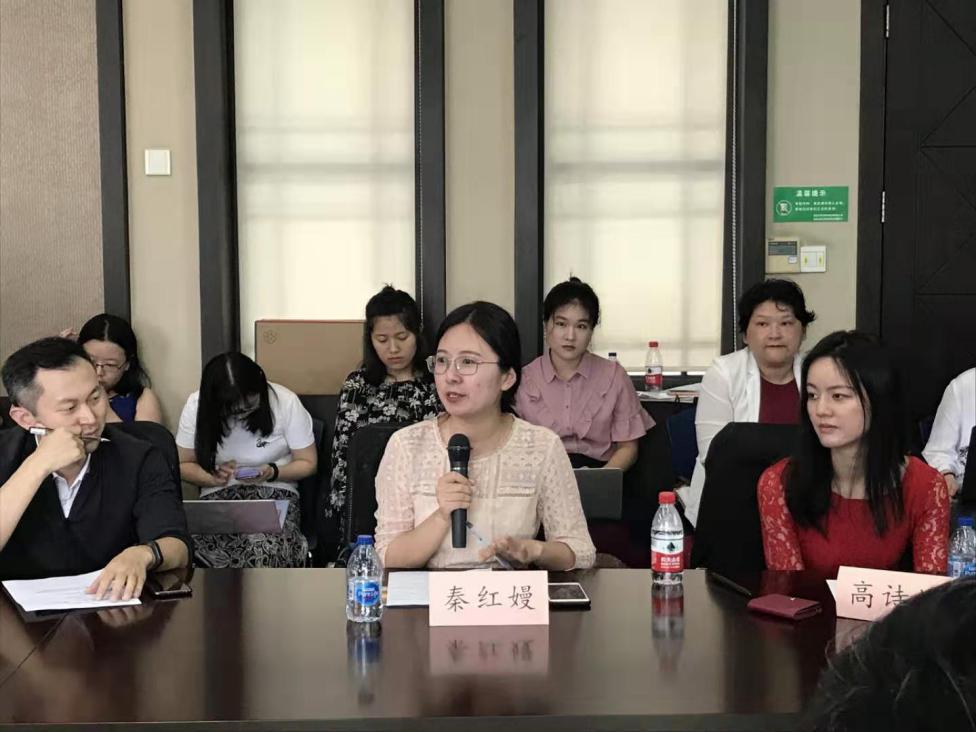
Dr. Hongman QIN, a Lecturer at Zhejiang Sci-Tech University, made comments on the speeches of Professor Wang and Mr. Li, and further put forward the questions such as foreign-related factors and choice of law clauses in the legal documents of voluntary custody.
After hearing the excellent presentations, other guests also actively participated in the Q&A session. The seminar was concluded by Mr. Sun’s closing remarks, in which he expressed his gratitude to Fudan Law School as well as the guest speakers.
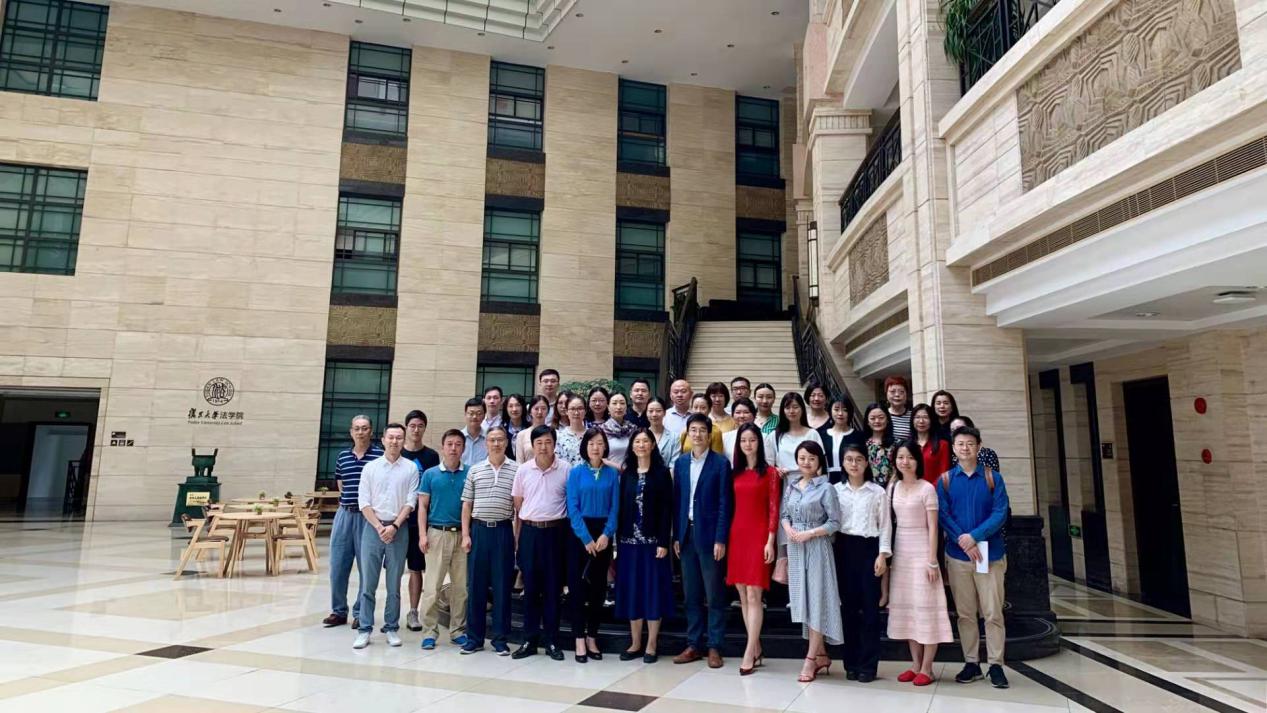
The faculty and students of Fudan Law School have been following up the development of China's trust industry since the Trust Law of the People’s Republic of China was promulgated and implemented, and have paid close attention to the commercial trust system and prevention of the risks in the Chinese financial market. With the rise of family wealth management in the recent decade, the faculty members have also actively organized and participated in domestic and international seminars on comparative trust law as well as family wealth management, to make contributions for further development of the legislation concerning trusts.






